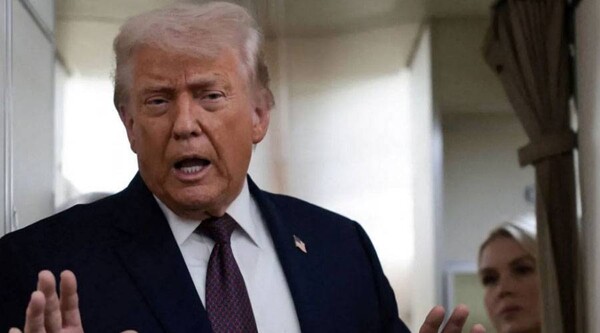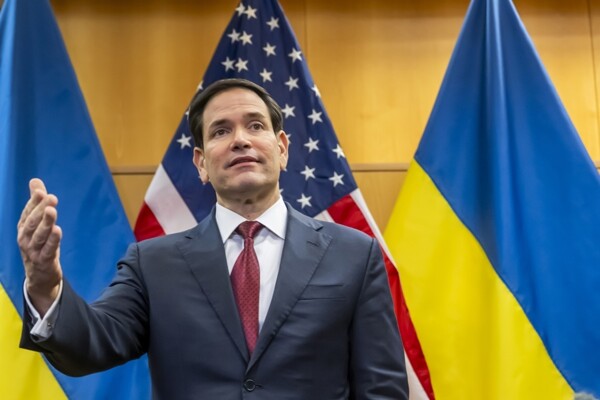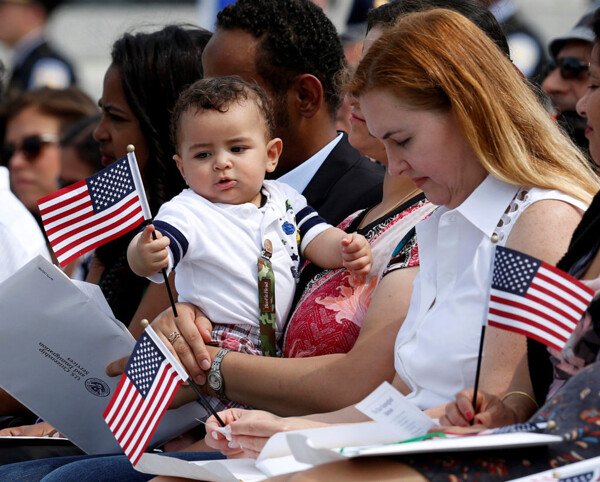The Supreme Court of the United States issued an order on Tuesday, May 6, that allows the Government of Donald Trump to exclude transgender individuals from the military. The order will remain in effect while the matter is being litigated in the appeals court and was decided against the opposition of the three liberal-leaning justices. The court granted an emergency request against a decision from a lower court.
Trump signed an executive order shortly after returning to power last January, stating that identifying with a gender different from the sex assigned at birth "conflicts with a soldier's commitment to an honorable, truthful, and disciplined lifestyle, even in their personal life." To enforce this decree, the Pentagon classified gender dysphoria, the medical expression describing a person's discrepancy with the sex/gender assigned at birth, as a medical condition that disqualifies individuals from military service.
According to this document, the use of pronouns incompatible with the assigned sex would compromise "the Government's ability to establish high standards of troop readiness, lethality, cohesion, honesty, humility, uniformity, and integrity."
According to a document published by the Pentagon in late February, only 0.2 percent of the individuals currently serving in the armed forces are transgender. At the end of March, a federal judge in the District of Columbia blocked the presidential decree against transgender individuals in the military. The lawsuit had been filed by six active-duty members and two individuals who wanted to enlist, claiming that the order violated their constitutional rights.
Prior to this, federal judges had temporarily managed to block executive orders related to the right of soil, the ban on transgender individuals in the military or the freezing of foreign aid, while other courts are determining whether to do so with those affecting, for example, the suspension of the right to asylum or the very creation of the DOGE.














